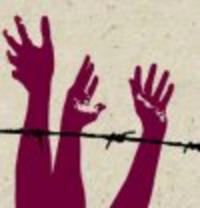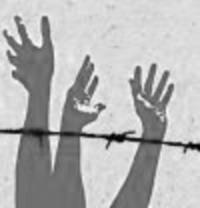In the Soviet labour camp, three hundred grams of bread was worth a kilo of gold, but also a human life.

Download image
Josef Rusňák was born in 1921 in Carpathian Ruthenia. As an eighteen-year-old student of the seventh grade of grammar school, he crossed the border to the Soviet Union. He was interned in several labor camps there, including gold mines. Being a Czechoslovak citizen, he subsequently joined the Czechoslovak army. At first he began training as a tank driver. He then transferred to an air force division where he served as a reserve pilot in the command’s staff. After the war he continued working as a pilot until 1976. In 1989 he was rehabilitated and promoted to the rank of a colonel, which he had been unable to receive before due to his refusal to join the Communist Party.

